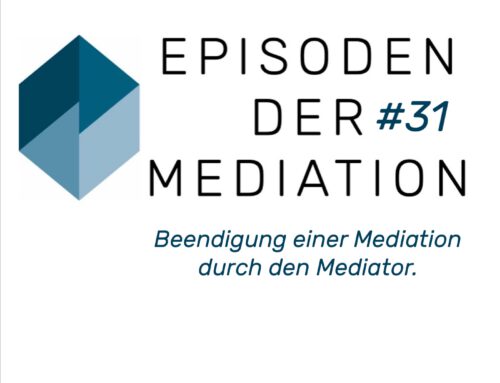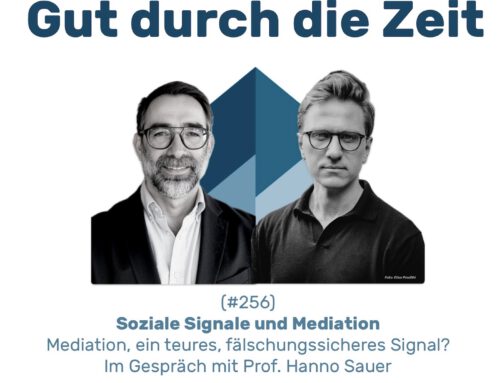INKOVEMA Podcast „Well through time“
#219 GddZ
Trust.
Part 3 – The price of trust
Disadvantages, risks, downsides
In conversation with Prof Dr Guido Möllering
Prof Dr Guido Möllering, received his doctorate from the University of Cambridge in 2003 and habilitated at the Free University of Berlin in 2011, has been Director and Chair of the Reinhard Mohn Institute for Corporate Management (RMI) at the University of Witten/Herdecke. Under his leadership, the RMI's areas of specialisation include: Cooperative relationships, network and alliance strategies, managing openness and transparency, trust in and between organisations, new forms of leadership and work in the digital age and corporate responsibility.
- Trust: Reason, Routine, Reflexivity (2006)
- Production in Networks (with Jörg Sydow, 3rd ed., 2015).
Small series: Trust
Contents
Chapter
0:03 Introduction to the topic of trust
1:57 Risks and downsides of trust
8:01 Deception and disappointment
9:58 Trust and social dynamics
16:16 Trust in relationships
22:22 Trust and pressure in the work context
26:18 Good nature and blind faith
32:48 Trust and loss aversion
36:51 Identity and trust
40:51 Trust and reputation
43:59 Reflection on trust
47:34 Blind faith and scepticism
49:52 Summary and outlook
Summary
In this episode of the podcast "Gut durch die Zeit", I join Prof Dr Guido Möllering in examining the risks and downsides of trust - the third and final topic in our series, which began with episodes #169 and #172.
First, let's take a look at what we've discussed in previous episodes about the concept of trust and what it means for social interactions. Trust is a complex assumption that has both positive and negative implications. It allows us to reduce uncertainty and strengthen social relationships, but it can also lead to disappointment.
We discuss how trust acts like a tranquiliser that protects us from the unpleasant reality of insecurity and vulnerability. This metaphor illustrates that excessive trust can also lead to dependency and obscure (potentially) negative aspects of a relationship or life. It is important to consider the two faces of trust: One is the useful component of trust that connects us and opens up room for manoeuvre. The other is the potential danger of (self-)deception and inappropriate reassurance - for example by looking away, repressing or even manipulation and abuse.
A central theme of our discussion is the phenomenon of blind trust, which also makes us blind to warning signs. Here we look at how people in trusting relationships are often inclined to ignore small signs of mistrust, which can ultimately lead to major conflicts. We also talk about the dynamics in relationships where trust leads but also puts pressure on those involved - for example, when an employee is faced with excessive expectations because they have been trusted a lot in the past.
We also address the social power that can be exercised through trust. We show how expectations associated with trust can be misused as an instrument of pressure. This can lead to a vicious circle in which people no longer dare to express doubts in a relationship for fear of betraying trust or, worse still, jeopardising the relationship.
It was therefore important for us to explore the social cost of trust and to think about when trust is used positively or negatively. We also reflect on what trust can do in social and business contexts and when it can be used to our disadvantage. The listener is encouraged to develop a sense of the complex relationships between trust, power and responsibility.
The whole episode is a fascinating exchange about the nuances of trust and the balance that needs to be maintained in interpersonal relationships. Social interactions are characterised by a constant balancing of trust and caution, which is also very important in a business context. We invite the audience to reflect on their own experiences and what trust means to them in their relationships.
Complete transcription





Leave A Comment